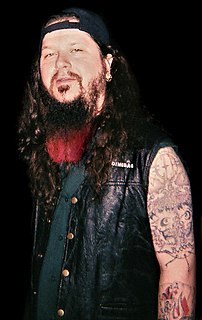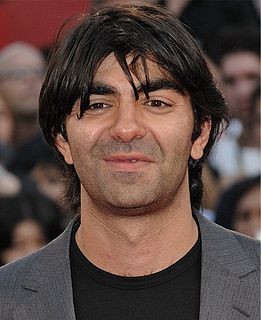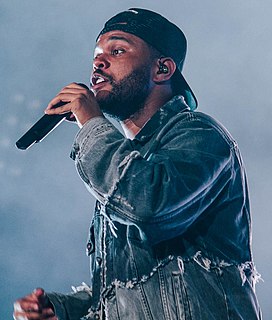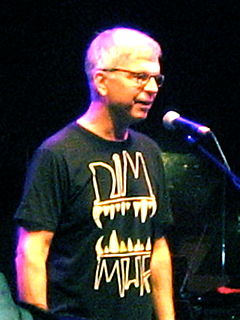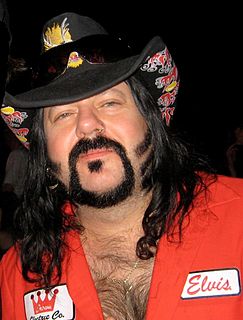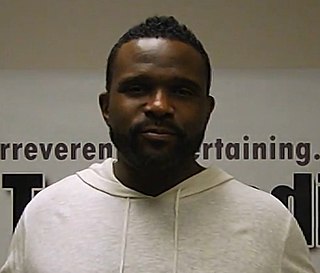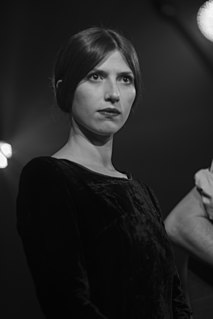A Quote by Dimebag Darrell
Towards the end with Pantera - although I was never unhappy with the music we were making - it became one-dimensional, and we wanted to open things back up.
Related Quotes
I feel like kids that grew up in New York City or in L.A. were exposed to all these subcultures and subgenres, whereas I was only exposed to the poppiest of pop music so I never had this negative connotation towards pop music. That's not South African music having an effect on me, but just how international music was filtered through South Africa affected me. It gave me a not-negative connotation towards pop music growing up.
Pretty early on in making the first movie I realized that this is what I wanted to do. I felt like by that time I just found my niche, like this is what I was supposed to be doing. So I completely submerged myself into the world of watching movies, making my own movies, buying video cameras and lights. When I wasn't making a movie, I was making my own movies. When I wasn't making movies, I was watching movies. I was going back and studying film and looking back at guys that were perceived as great guys that I can identify with. It just became my life.
It's very interesting to read why Cornelius Cardew became disenchanted with academic avant-garde music. He wanted to reach as many people as possible and change their consciousness. He wanted to reach the "working classes" in England. The kind of music he was making was very much from the academy, even though it had a lot in common with things like free jazz and improvisation, and he felt that it was the music of the elite, and that he wasn't really speaking to the people.
